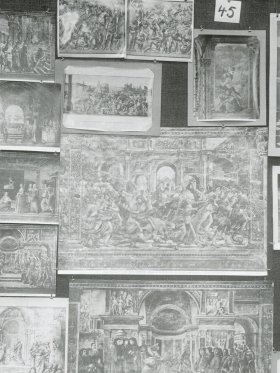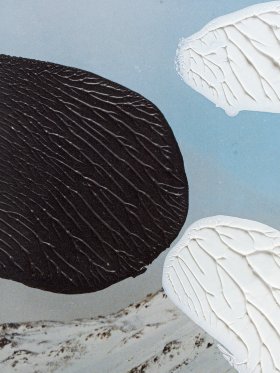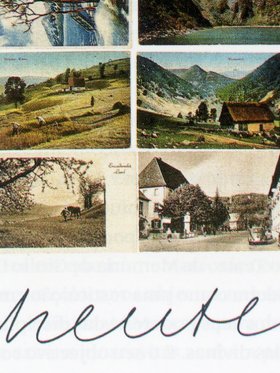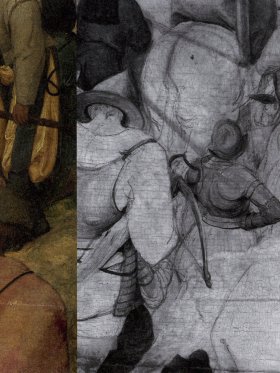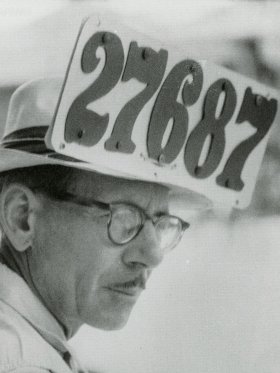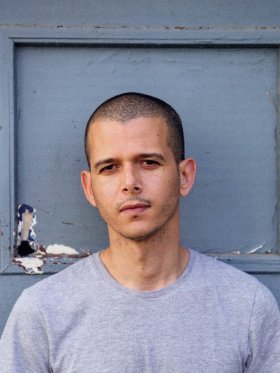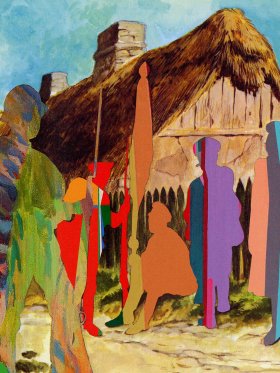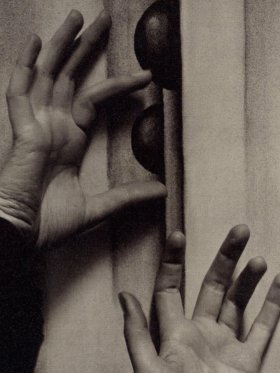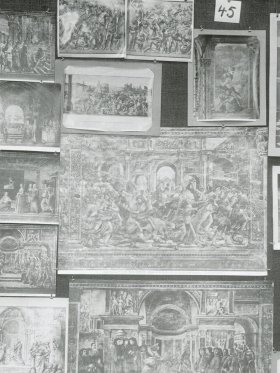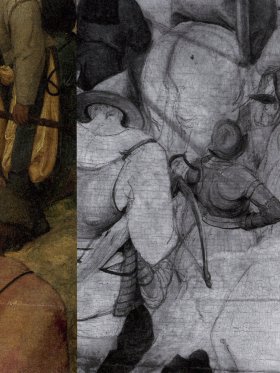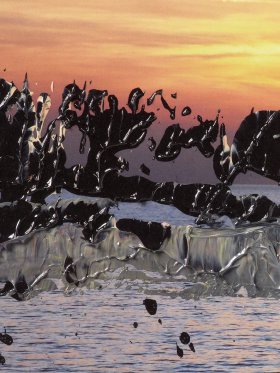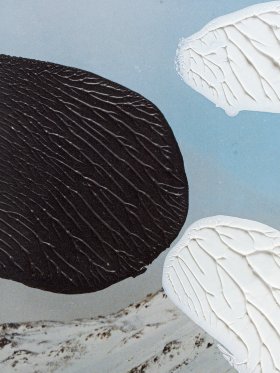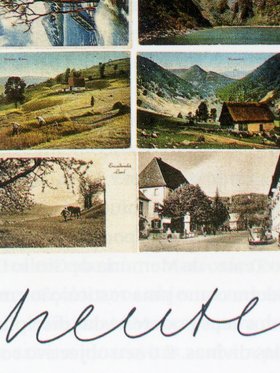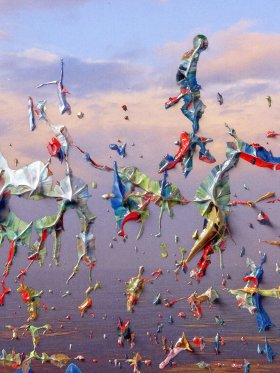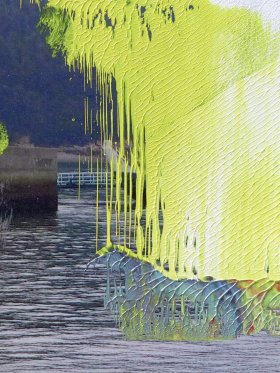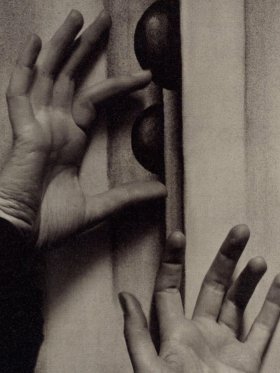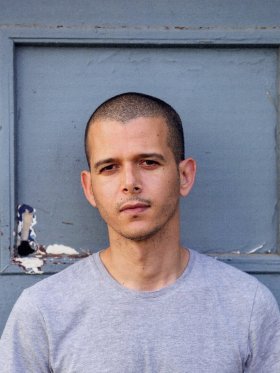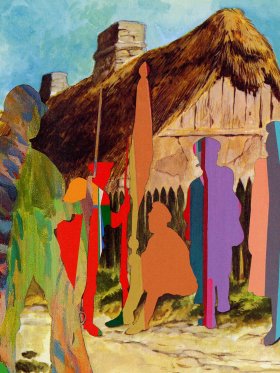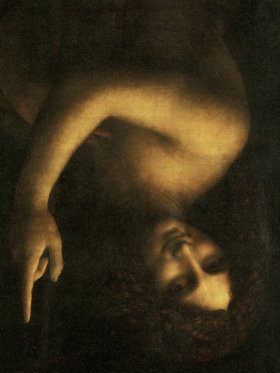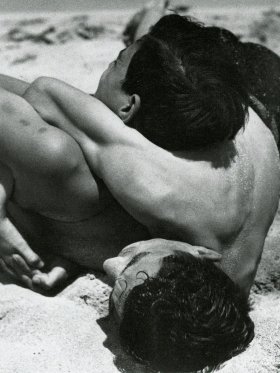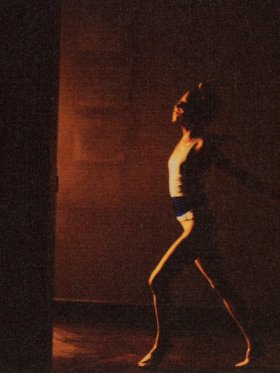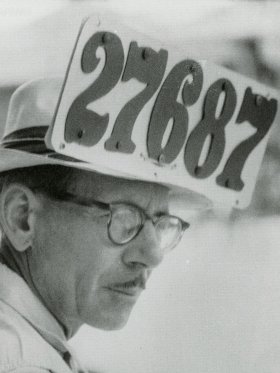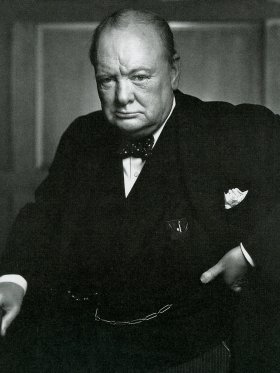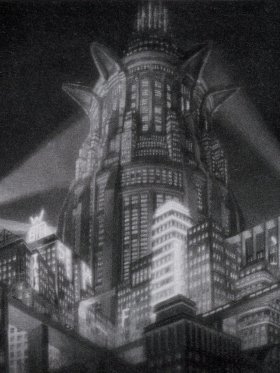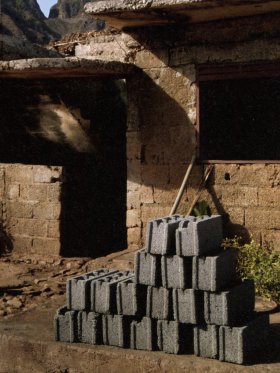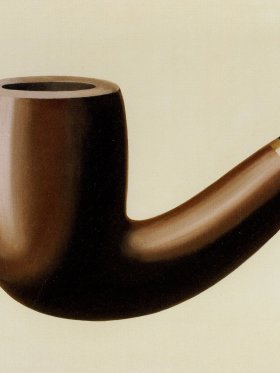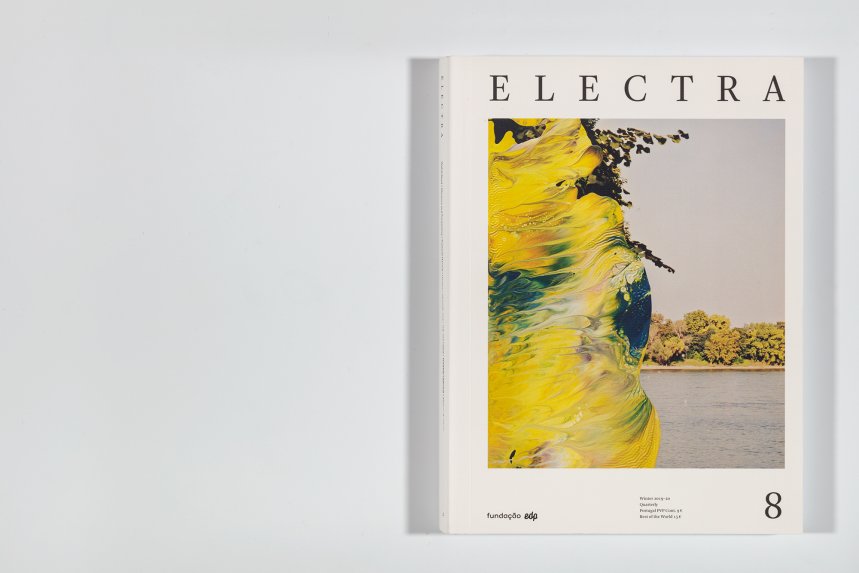
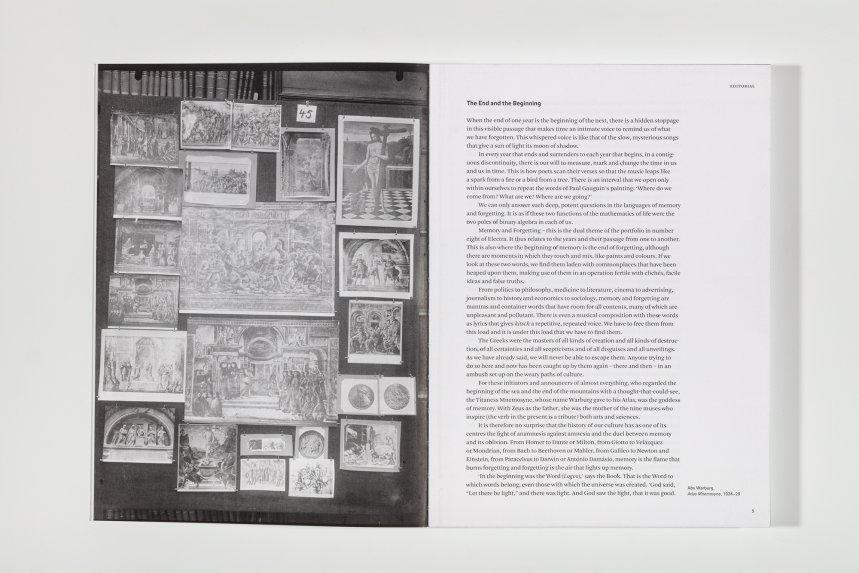
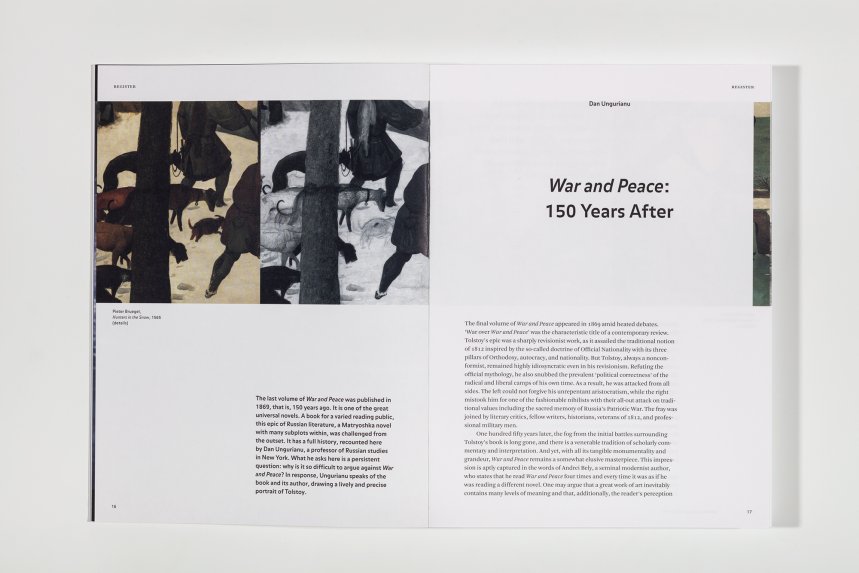
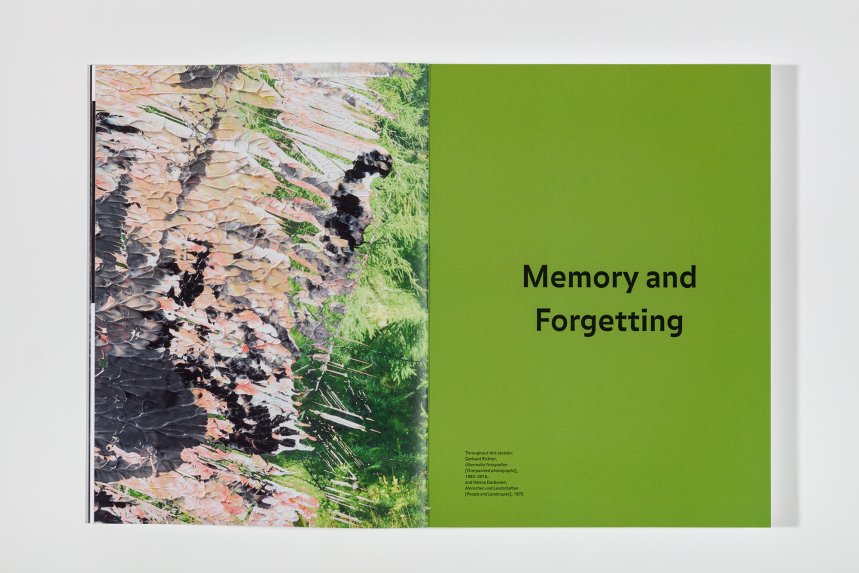
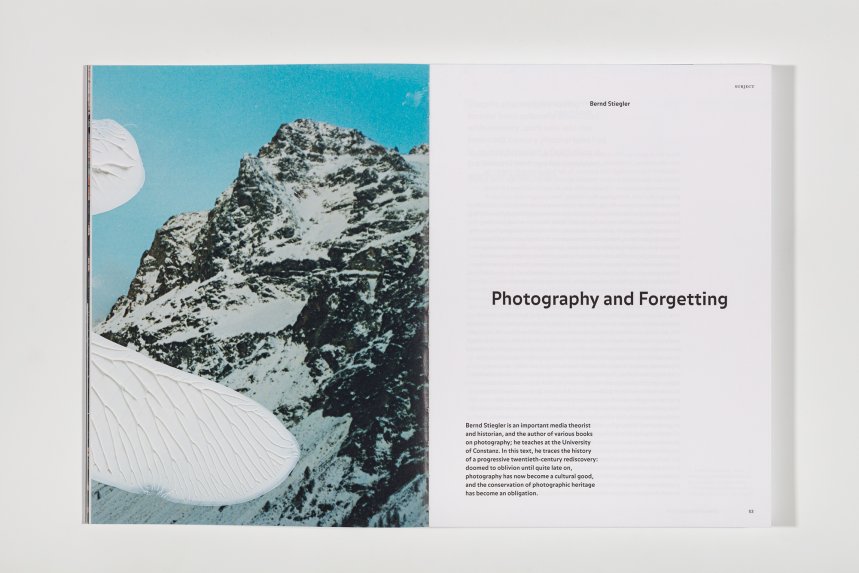
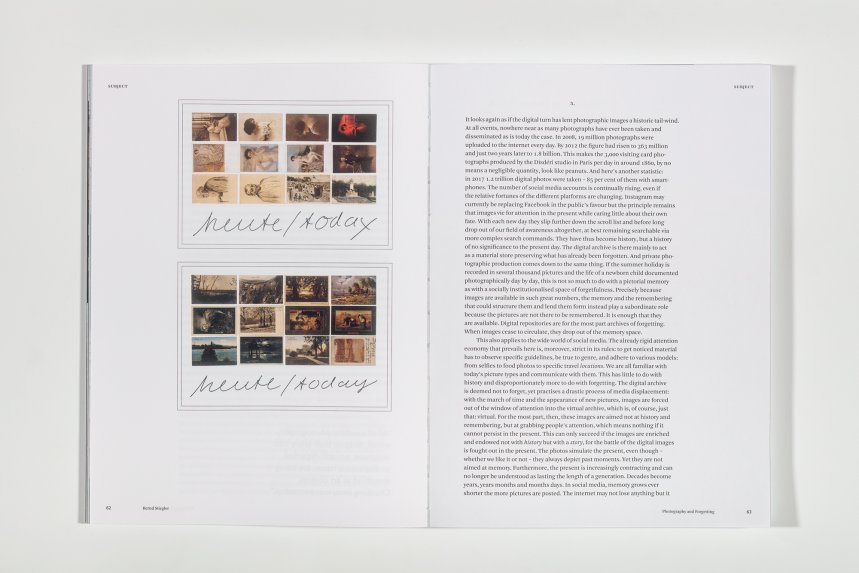
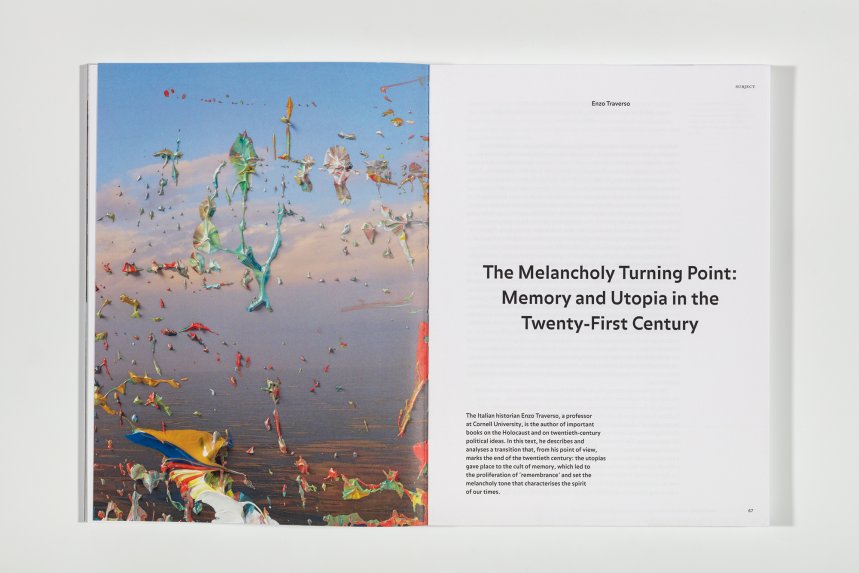
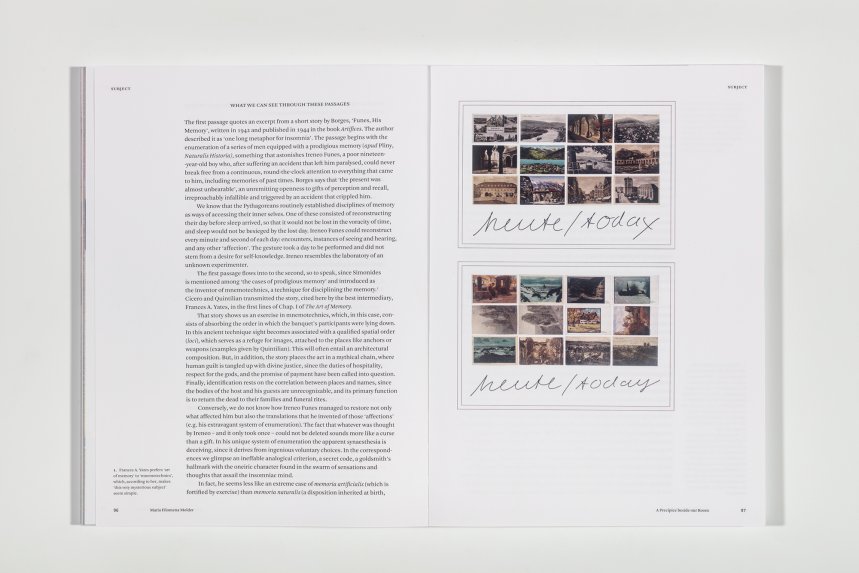
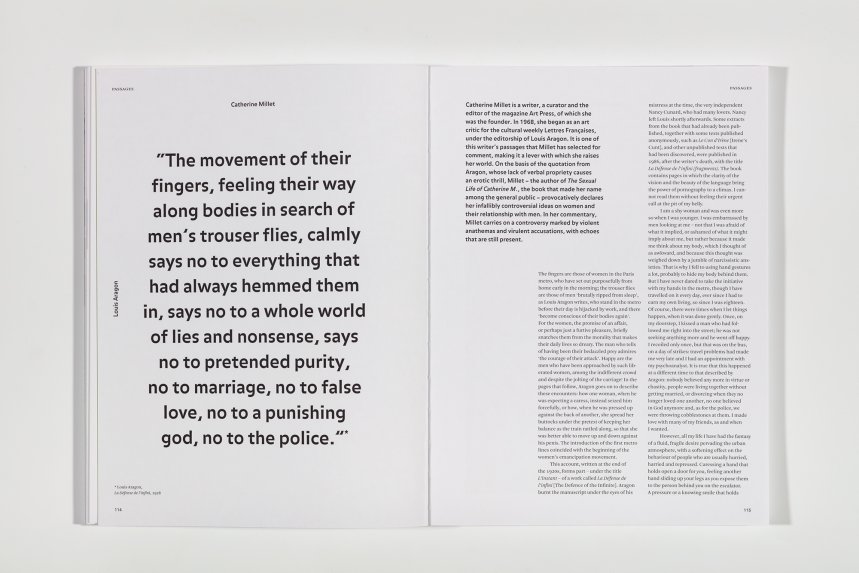
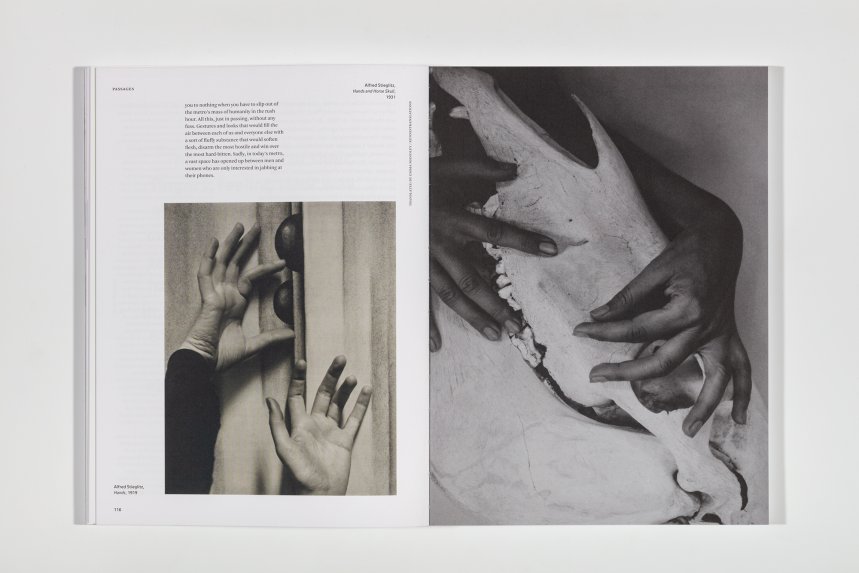
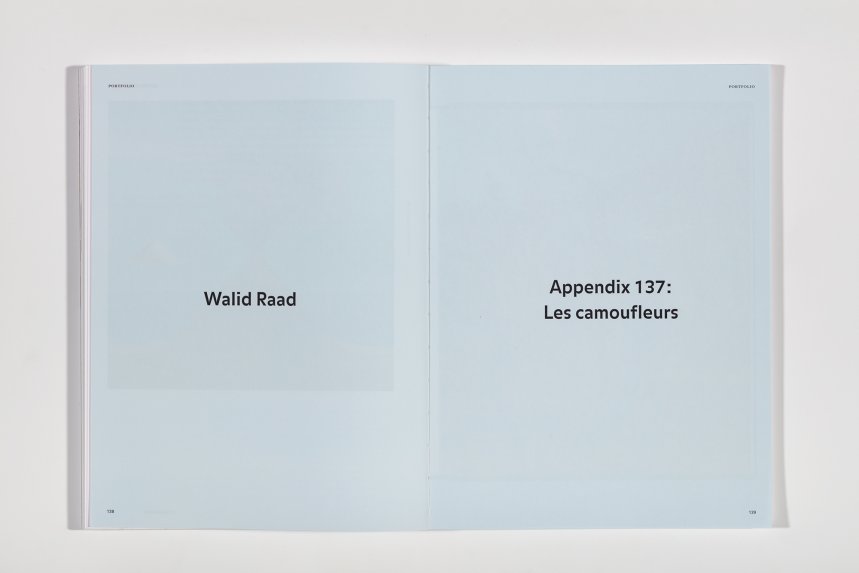
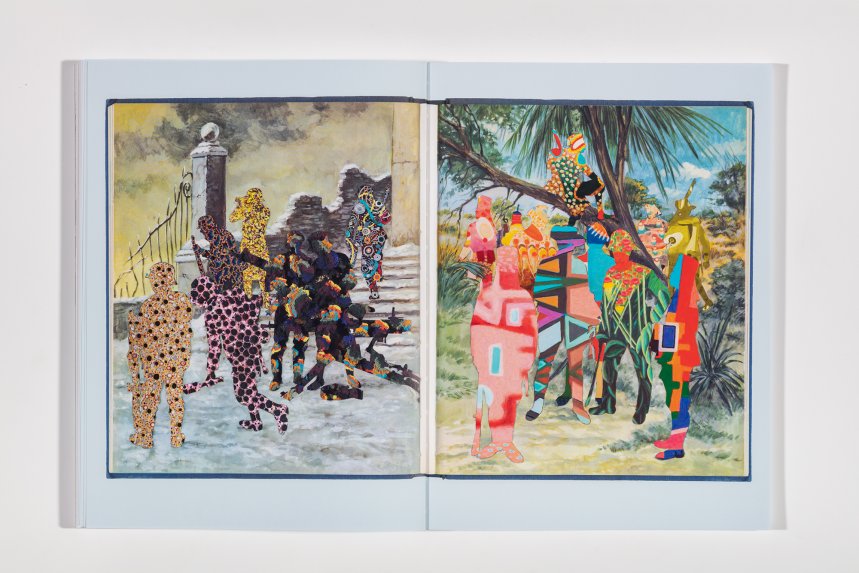
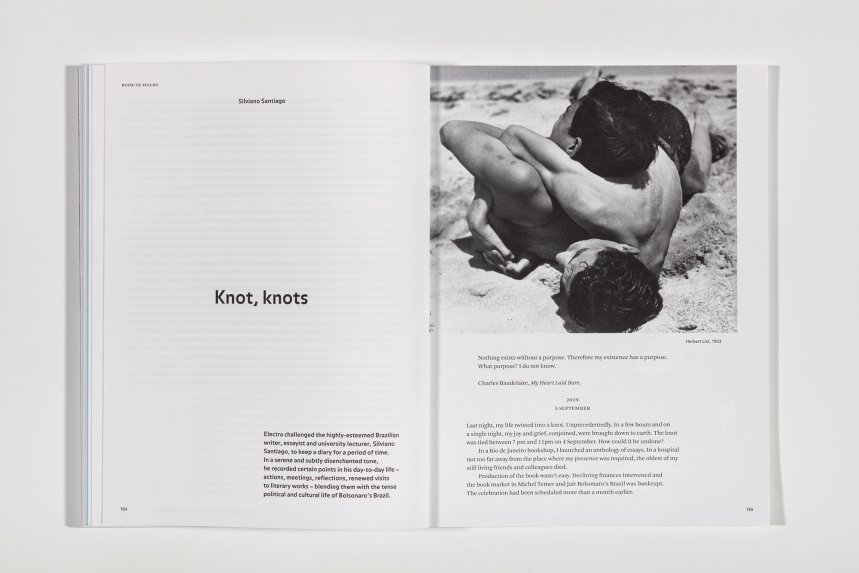
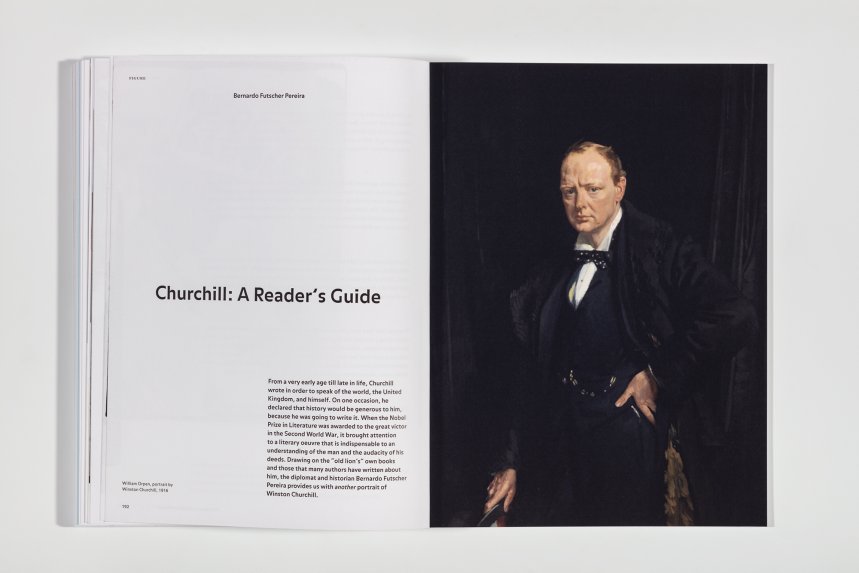
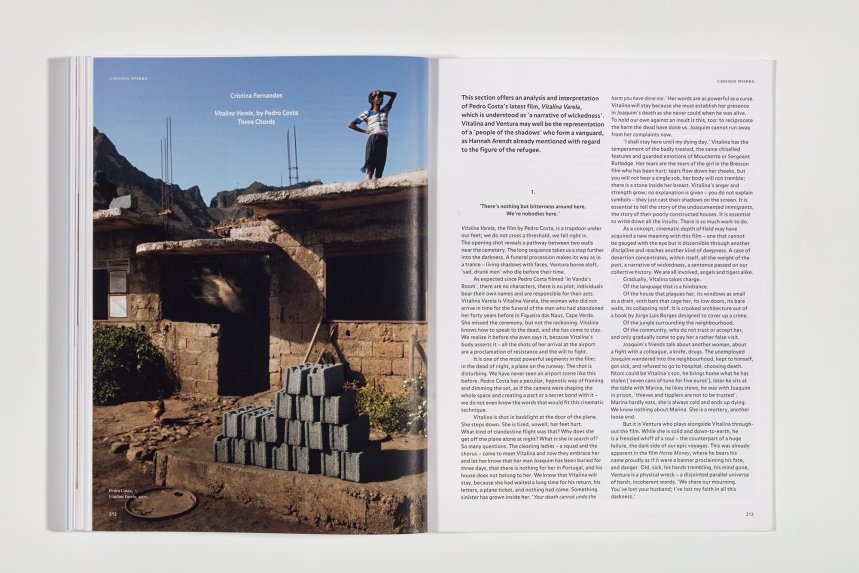
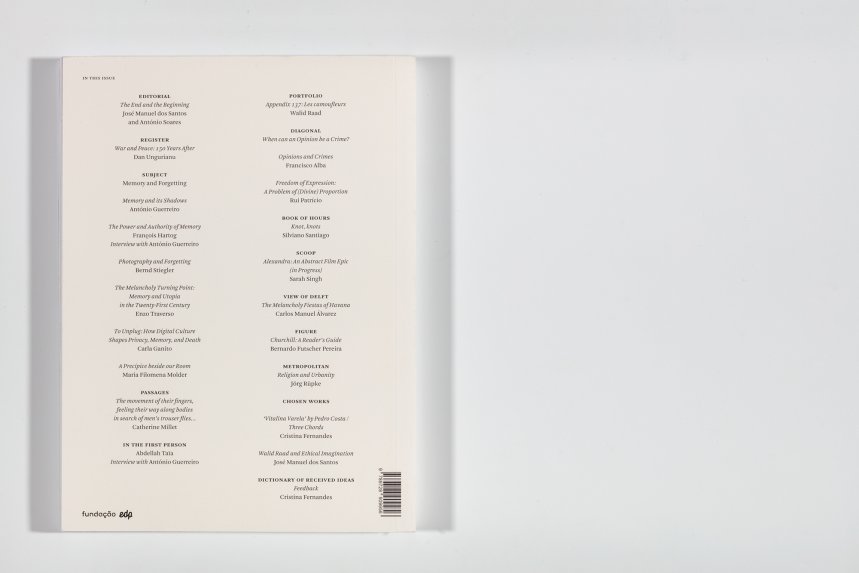
«Today, memory and forgetting have gained the sounds and silences that make up the voice of our time», one can read in the editorial of Electra’s eighth issue, announcing the theme of this edition’s dossier: Memory and Forgetting.
These two concepts have recently become a recurrent subject in the public debate, and have great power for political, cultural and social questioning. In this section, there is an interview with historian François Hartog, who undertakes an important reflection on key aspects of historiography and about the different ways to experience time which define each era; Bernd Stiegler, a media theorist and historian, approaches photography as a cultural asset and emphasizes the importance of preserving our photography legacy; historian Enzo Traverso describes a transition that defined the end of the 20th century: the replacement of utopias with the cult of memory; professor and researcher Carla Ganito analyses the complex dialectic between memory and forgetting in the digital age; Maria Filomena Molder reflects on the question of the power of memory and mnemotechnic tools. These written pieces are illustrated with images by Gerhard Richter, a reference name in contemporary art, and the cover image is also his work.
This edition presents a portfolio by Lebanese-American artist Walid Raad, whose work is charged with anthropological, philosophical, social, aesthetic and psychological meanings, and in which war is very much present, both in cause and effect; this issue also publishes a diary by the reputed Brazilian writer, essayist and professor, Silviano Santiago, in which moments from his everyday life are interspersed with the tense political and cultural life in Brazil; and Moroccan writer Abdellah Taïa is interviewed by António Guerreiro.
«Scoop» is a new section in Electra whose purpose is to reveal authors’ unpublished, original work. In this edition, Indian photographer, painter and director Sarah Singh presents, in both words and images, her next film. In the section «Register», and to celebrate the 150th anniversary of the publication of the last volume of War and Peace, professor of Russian Studies Dan Ungurianu talks about this great universal novel and its author, Tolstoy. And based on the books written by Winston Churchill, as well as the books that many wrote about him, diplomat and historian Bernardo Futscher Pereira paints another portrait of the great victor of World War II for the section «Figure».
Also in Electra’s eighth edition, writer, founder and editor of Art Press magazine Catherine Millet provocatively comments on a quote by Louis Aragon; the city of Havana is revisited by Cuban writer and journalist Carlos Manuel Álvarez and by the frames of filmmaker Agnès Varda; expert on Religious Studies Jörg Rüpke approaches the relationship between the city and religion; poet and journalist Francisco Alba and criminal lawyer Rui Patrício discuss when an opinion can be considered a crime; and Cristina Fernandes presents her take on Pedro Costa’s latest film, Vitalina Varela.
